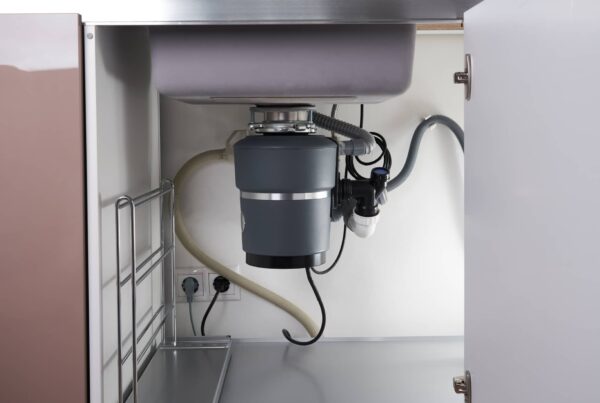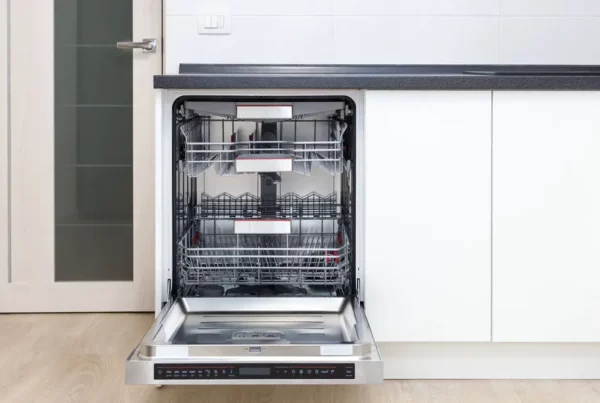
Propane heaters are a popular choice for many due to their convenience and efficiency. They come in various sizes and designs, making them suitable for different settings. Additionally, they operate using propane gas, which is known for its high energy output and clean-burning properties. Let’s learn about if you can use propane heaters indoors, how propane heaters work, safety guidelines, and maintenance.
Let’s learn more!
What is a Propane Heater?
A propane heater is a type of heating device that uses propane gas as its fuel source. These heaters can be portable or stationary, depending on the design.
Can You Use Propane Heater Indoors?
Yes, propane heaters can be used indoors, but it’s crucial to ensure that the heater is designed for indoor use. It’s also important to follow safety guidelines when using these heaters inside.

How Does a Propane Heater Work Indoors?
Indoor propane heaters work by burning propane to produce heat. They are equipped with safety features like oxygen depletion sensors (ODS) to make them safe for indoor use. However, they require proper ventilation to prevent the buildup of harmful gases.
How to Use Propane Indoors Safely
To use propane heaters safely indoors, choose an indoor-rated heater and ensure there is adequate ventilation. It’s also advisable to install carbon monoxide detectors and follow the manufacturer’s instructions closely. Regular maintenance of the heater is also essential to keep it in good working condition.
Dangers of Using Propane Heater
The dangers of using propane heaters include the risk of carbon monoxide poisoning due to incomplete combustion, fire risks due to the highly flammable nature of propane, and potential gas leaks if the heater is damaged or not properly maintained.

Benefits of Using a Propane Heater
Propane heaters offer several benefits such as cost-effectiveness, portability, and effective heating. They are often more affordable to operate than electric heaters and can be easily moved from one room to another. Additionally, they can quickly warm up an area, providing comfort during cold seasons.
Reduce Risks Using Propane Heaters
To reduce risks when using propane heaters, keep flammable materials away from the heater, use only the recommended type and grade of fuel, and regularly inspect the unit for signs of wear and tear or damage.
Types of Propane Heaters
There are several types of propane heaters available on the market, each designed for specific needs and environments:
- Vent-Free Heaters: These are indoor heaters that do not require external venting. Because they don’t lose heat through a chimney or vent, they are highly efficient.
- Vented Heaters: These heaters expel combustion gases outside through a duct or chimney, making them safer for indoor use as they reduce the risk of indoor air pollution.
- Portable Propane Heaters: Designed for easy movement, these heaters are ideal for outdoor activities like camping or on job sites.
- Wall-Mounted Propane Heaters: These fixed units are typically installed permanently in a home or workplace where regular heating is required.
Safety Guidelines for Propane Heaters Indoors
When using propane heaters indoors, it’s critical to follow specific safety guidelines to prevent the risk of fire, explosion, or carbon monoxide poisoning:
1. Ventilation: Ensure that the room is well-ventilated, even if you’re using a vent-free heater, to avoid the buildup of harmful gases.
2. Placement: Keep the heater away from flammable materials and ensure it stands on a non-combustible surface.
3. Detectors: Install carbon monoxide and smoke detectors to monitor air quality and detect any dangerous conditions promptly.
4. Inspection: Regularly inspect your propane heater for signs of wear or damage, and never use a faulty heater.
5. Follow Manufacturer Guidelines: Always adhere to the manufacturer’s instructions for installation, usage, and maintenance.
Environmental Impact of Propane Heaters
Propane heaters have a smaller carbon footprint compared to heaters that run on fuels such as oil or coal. However, they still emit greenhouse gases that can contribute to climate change. Selecting a heater with lower BTU ratings and higher efficiency can mitigate some environmental impacts. Additionally, ensuring proper maintenance can keep the propane heater running efficiently, thus reducing its environmental impact.
Maintenance and Repair of Propane Heaters
Regular maintenance of propane heaters is essential for safe operation and longevity:
- Regular Checks: Perform routine checks for leaks and hose integrity.
- Cleaning: Keep the heater clean from dust and debris, which can affect performance and safety.
- Professional Servicing: Have your heater serviced by a professional regularly, especially before heavy use seasons.
- Repairs: If your heater needs repair, consult with a qualified technician who has experience with propane appliances. Do-it-yourself repairs are not recommended for gas appliances due to the potential risks involved.
By following these guidelines and understanding the different types of propane heaters, users can enjoy the benefits of additional heat while minimizing potential risks and impacts on the environment.
Other Winter Maintenance
Now that you know about propane heaters, let’s take a look at other preventative maintenance. One of those is insulating sliding doors. Everyone likes to look outside of the sliding doors but if they are not insulated, that can be expensive. Taking the time to make them ready for winter is important.
Another is resetting a furnace. Sometimes your furnace may not come back on. To do this, you need to power down the furnace and then use the reset button. If nothing happens, you may need a professional to help.
Lastly, it might be a good idea to winterize your screened-in porch. The temperatures drop no matter where you are. It may help you spend more time on your porch if you enclose it with windows or plastic coverings and this also depends on your budget so select the materials wisely.
When to Call a Professional
If you notice any irregularities in your heater’s performance or suspect there might be a problem, it’s best to contact a certified technician for inspection and repair. Being safe in your home is important and if you aren’t sure how to work the heater or how to take care of it, contacting a professional may be needed.
Conclusion
Propane heaters can be a valuable addition to a home, especially in colder climates. However, they must be used responsibly. By adhering to safety guidelines, you can enjoy the warmth and benefits of your propane heater without putting your household at risk. Finding the best way to stay warm on the cold nights is essential. While making sure you can keep your family warm, it is a good time for a home inspection to make sure you have enough insulation, no drafts, and more. Call Waypoint Property Inspection to inspect your home in Tampa, St. Petersburg, Lakeland, Orlando, Palm Beach, Ft. Lauderdale, and surrounding areas.



